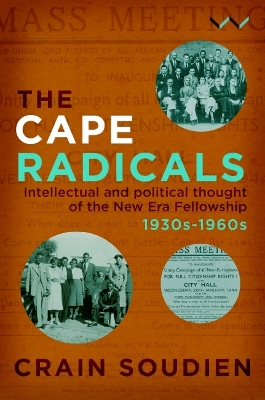In 1937, a group of young Capetonians, socialist intellectuals from the Workers' Party of South Africa, embarked on a remarkable public education and cultural project. They called it the New Era Fellowship (NEF). In different forums - public debates, lectures, study circles and cultural events - the seeds of radical thinking were planted, nurtured and brought to full flower. The group sought to disrupt and challenge not only prevailing political narratives but the very premises - class and 'race' - on which they were based. In the critical thinking and analytical discipline they brought to bear to dismantle these constructs, they were 40 years ahead of their time. Their leaders were extraordinary men and women who, in bringing their individual lived experiences into the arena, were able to connect with issues at a deep, personal level. Taking a position of non-collaboration and non-racialism, the NEF played a vital role in challenging society's responses to events ranging from the problem of taking up arms during the Second World War for an empire intent on stripping people of colour of their human rights to the Hertzog Bills, which foreshadowed apartheid in all its ruthless effectiveness. In subsequent narratives of liberation their significance has been overlooked, even disparaged, and has never been fully understood and acknowledged. By shining a contemporary light on the NEF and locating its contribution in current sociological and political discourse, Crain Soudien shows how its members were at the forefront of redefining the debate about social difference in a racially divided society.
- ISBN10 1776143175
- ISBN13 9781776143177
- Publish Date 1 June 2019
- Publish Status Active
- Publish Country ZA
- Imprint Wits University Press
- Format Paperback
- Pages 232
- Language English
